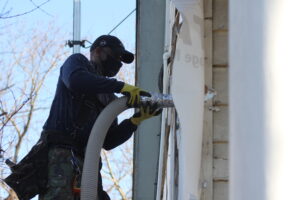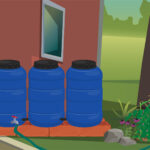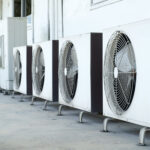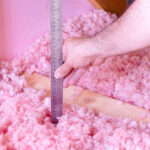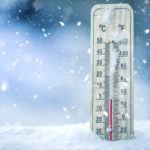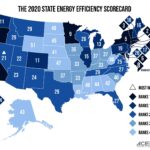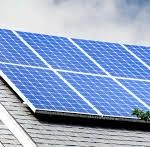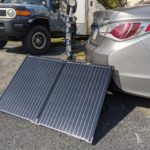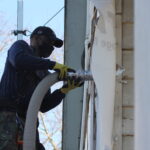How Long Can I Expect Appliances to Last?
Do you still have that 1996 bulky refrigerator with the mysterious loud hum? What about the furnace that everybody is afraid to go near? And not to mention the space heater that has been passed down through the family. Appliances and building materials can endure wear and tear for years, even decades. They stay working through the day and night to keep our living space healthy and comfortable. Eventually, they all reach their breaking point and die on us. If not serviced at a regular intervals they may die on us years short of what is expected. This article will walk you through the lifespan of common appliances and materials, as well as signs to start looking for replacements.
Figuring out the age of your appliances can be tricky. Appliance data labels contain a serial and model number which has an embedded date code. Sometimes the data label even states the date of manufacture clearly. This website is a great tool that allows you to find the age by entering information from the data label.
Refrigerator— The refrigerator is expected to last anywhere between 10 and 20 years depending on the brand. Closer to 10 years may just mean some repairs can extend the lifespan for another few years. Closer to the latter usually means it is time for a replacement. Older refrigerators end up using twice the energy and cost to function at the same levels as an efficient energy star certified refrigerator. They can get so efficient that at times they use less energy than a 60-watt light bulb. That’s less energy than one bulb in your living room lamp!

Attic Insulation— The insulation in unconditioned spaces like attics, knee walls, and crawlspaces compress over time, losing its effective R-value. This is due to factors like time and weather. Generally, loose fill and batt insulation have a lifespan of 25 years. Of course this depends on how much wear and tear the insulation goes through and if it was installed properly. Some signs that it may need to be replaced include compressed and crushed looking insulation, discoloration, and uncomfortably warm/cold rooms throughout the year. An energy audit can easily reveal your attic insulation efficiency and areas to improve upon.
Furnace & Air Conditioner— The furnace and air conditioner usually last in the range of 15-20 years. Annual maintenance to check system components and make appropriate retrofits ensures your system will live longer, and avoids sudden system failures. This applies to air-source heat pumps as well. Replacing your heating and cooling systems with high efficiency units unlocks access to impressive rebates and energy savings, which eventually pay off the replacement.
Water Heater— Water heaters typically last around 15 years. Some tell tale signs to look for a replacement include atypical noises coming from the unit, water that can’t heat up to what it used to, and rusting on the tank or in the water. (Rust is a risk to your health, so if that is a visible sign it is recommended that is addressed immediately) Water heater replacements can come in the form of high efficiency units, tankless units mounted to the wall, solar water heaters, and many more with similarly impressive rebates.
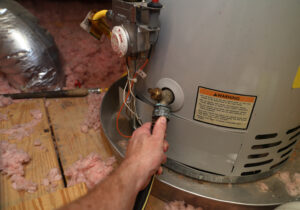
Space Heater— Space heaters can be expected to last close to 20 years, like the furnace. They are powered by electricity, sometimes gas, and sometimes oil. Each type comes with its own advantages and hazards. A good rule of thumb is to not keep the space heater running overnight, and instead use it only when in that room you are conditioning. Modern space heater models use less energy to provide the same comfort, and come with extra safety features that old models do not have like automatic shut off when overheating occurs. If your space heater lacks safety features and has been in the home for many years, it may be time to start looking for a replacement.
An interesting point is that space heaters in the home are usually a band aid fix to improper insulation and a poor thermal boundary. One remedy is to schedule an energy audit to investigate the home and see where comfort can be improved, where aging appliances can use a tune up or replacement, and other tips and best practices to improve energy efficiency. Give the experts a call today to see how we can help!


